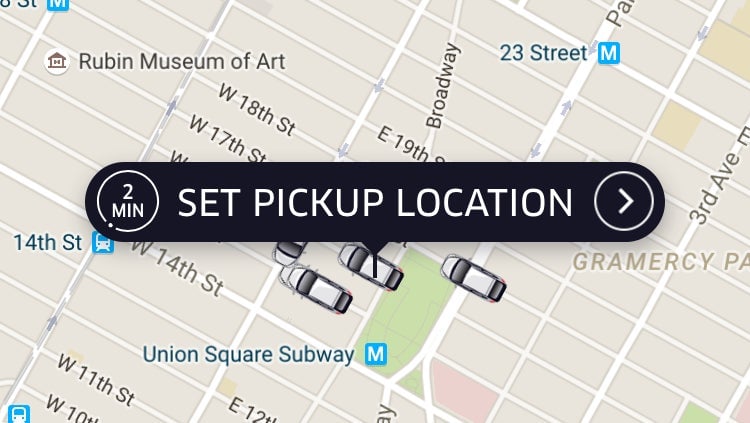New York’s new plan to cap Uber’s pricing could be a big win for Uber
Earlier this year, New York City council quietly abandoned a two-year quest to limit Uber’s surge pricing. It was a humiliating concession for city legislators, who had already backtracked on several other proposals after losing a highly public clash with Uber over the summer.


Earlier this year, New York City council quietly abandoned a two-year quest to limit Uber’s surge pricing. It was a humiliating concession for city legislators, who had already backtracked on several other proposals after losing a highly public clash with Uber over the summer.
Now, the council has a new target: Uber’s in-app fare estimates.
Legislation introduced by New York City council on Wednesday (Feb. 25) would require Uber and other ride-hailing companies to provide passengers with “binding” fare estimates before they book a trip. The bill would prohibit companies from charging customers final fares that exceed the initial estimate by more than 20%. Violations would incur fines of $250 to $500 apiece.
“We are going to eliminate the price uncertainty for users of for-hire vehicle apps by requiring clarity on the fare,” says Dan Garodnick, one of the bill’s sponsors. Uber says it is reviewing the legislation.
What’s left unsaid: The bill won’t touch surge pricing. Surge is what Uber calls its real-time changes to prices based on demand for rides. Uber views it as a core part of the Uber value proposition, the thing that makes Uber reliable. Consumers and local officials, on the other hand, have often viewed surge as exploitative price gouging.
Under the city council’s bill, Uber could still use surge pricing—it would just have to ensure the prices it promised were in line with the ones it ultimately charged. In fact, for all we know, the legislation might change absolutely nothing. Uber declined to say how often its fares exceed its estimates by more than 20%, but at least anecdotally it doesn’t seem to happen very much.
So maybe this bill is just a gesture—legislation that would formalize existing Uber practices and increase pricing transparency without forcing the company to make major changes. That would be a very big win for Uber in New York City.
And when Uber wins big in New York City, it has a way of setting an example for the rest of the US.